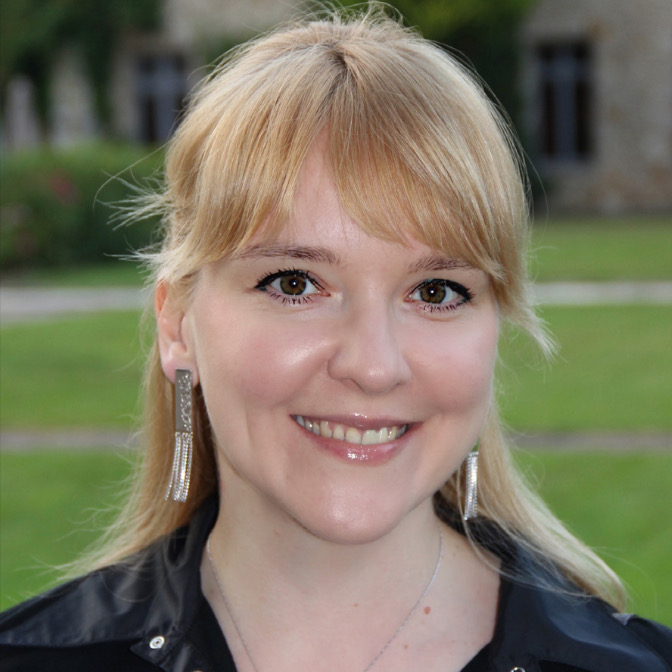Yulia Mylnikova

Associate Professor
Faculty of Asian and African Studies
Director of Confucius Institute
Saint-Petersburg University
Dr. Julia Mylnikova is Associate Professor of Chinese History at the Faculty of Asian and African Studies, Director of Confucius Institute at St. Petersburg University. Her current research interests are concentrated on ecological civilization, constructive postmodernism movement, ways of modernization in China, Dunhuang Studies, with sub-focus on Chinese theatre and arts. Outside of academia, she also works in the professional theatre and arts spheres as creative producer and curator.
Research project
Ecological civilization: will rural China make ecological dreams come true?
— Practices and Policies of Ecological Civilization in Chinese Countryside
In 2018, China revised its national constitution to mandate a comprehensive approach to sustainable development. Known as «ecological civilization» (shengtai wenming 生态文明), it is a long-term strategy that requires development to include environmental considerations in pursuing modernization alongside social, economic, cultural and political aspects. Thus by far this is the only government in the world that takes ecological civilization as its national policy. Ecological civilization currently constitutes the most significant, very ambitious Chinese state-initiated vision of global future, and it is therefore crucial to explore in more detail what this vision entails and what kind of practices and new standards it implements.
The question might be raised as to whether this new strategy is merely public rhetoric rather than a true commitment to action. Indeed, most of the considerations about what is required for a society to be an ecological civilization is still utopian. Are there any real successful examples of implementing ecological civilization concept on practice? In my research I will to take a closer look at ongoing development in rural China and agricultural policy.
China still has thousands of traditional villages and hundreds of millions of farmers who continue doing small intensive farming. I suggest that now rural China is becoming a real sphere where we can observe, investigate, monitor, estimate how eco-civilization practices evolve and are implemented on practice. My research will provide a detailed study of the concrete environment-friendly farming projects and creative practices by farmers, village leaders, ordinary citizens, NGOs, entrepreneurs, environmental activists, how these projects put further development on a sustainable path. From this research new unexplored before narratives of eco-civilization in rural perspective could be created.